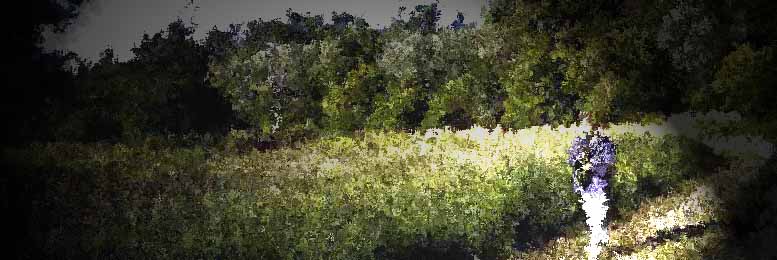24.2.2007 | 06:49
Einn af síðustu útvörðum sósíalismans
Þegar ég var að þvælast um netið, fór á vefsíðu The Times sem oftar, rakst ég á þessa grein um Ísraelsku samyrkjubúin. Samyrkjubúin sem eru mikið eldri en Ísraelsríki sjálft, hafa verið útverðir bæði sósialismans og Ísraelsríkis. En svo bregðast "krosstré" sem önnur og nú er víst farið að slaka á sósíalismanum, kapítalisminn er kominn á kibbutzin, til að vera.
Þó að sjálfur hafi ég aldrei á kibbutz komið, þá hafa kunningar mínir sumir haft þar viðdvöl, flestir borið þeim góða sögu. En þetta er merkilegur hluti af sögunni, en þarna sem annars staðar lætur sósialisminn undan síga, það virðist óumflýjanlegt. En samyrkjubúin hafa vissulega markað djúp spor í sögu Ísraels, eru samofin sögu ríkisins og munu verða, í það minnsta eitthvað áfram.
Smá bútar úr greininni:
"When Eliezer Gal arrived at Israel’s first kibbutz he had already served in the Red Army as a platoon tank commander at the siege of Leningrad, escaped to West Berlin after being marked down by Stalin for the labour camps and been turned away by the British when he arrived in Palestine aboard the Jewish refugee ship Exodus.
Mr Gal took a lowly job in the cow shed for 18 years and married Michal, a daughter of the kibbutz’s founders, raising his family in the pastoral version of Zionist communism.
Now, aged 82, he is living one final adventure, which he and the other members of Degania call Shinui (The Change). The kibbutz has just voted to privatise itself and assume the trappings of capitalism.
His verdict? “It’s a lot more comfortable. We get a lot more independence, both economically and generally.
“I have seen the other world, I was born in a different world. When I came here it was the real, pure communism. But I knew then that it couldn’t survive forever because people abused it.
“I’m only surprised that it survived for so long. I came from the Great Mother of Communism and she only lasted 70 years. We made it to nearly a hundred.” "
"“When the poor, new immigrants began arriving, the kibbutzniks became objects of hatred, and when the movement began to collapse there was not much sympathy. But Degania is like a first child: when it became vulnerable like the rest of us we could finally afford to have some sympathy. It is a symbol of a simpler time, of what Israel once was.”
Degania’s members insist that they are still proud socialists. “As silly as it may sound we remain one big family,” said Ze’ev Bar-Gal, Mr Gal’s 43-year-old son-in-law, whose monthly income has doubled as the kibbutz’s computer services manager.
“What used to bother many of us was that some members were putting a lot of money into the pot and there were others giving nothing and still receiving more than the big contributors,” he said.
Degania was founded in 1910 when ten men and two women rode on horseback across the River Jordan and established a camp at Umm Juni on land purchased by the Jewish National Fund.
The pioneers built a defensive quadrangle of work buildings from locally quarried basalt. At the time they wrote: “We came to establish an independent settlement of Hebrew labourers, on national land, a collective settlement with neither exploiters nor exploited — a commune”.
Its 320 members paid their salaries into a communal account and received an allowance based on need.
A year ago the kibbutz quietly transferred to a trial system where members were paid according to ability and allowed to keep their earnings. In return, they paid for services and a “progressive” income tax destined to support the elderly and less well-off.
Now The Change has been confirmed as permanent by the votes of 85 per cent of the kibbutz, an improvement on the 66 per cent who gave their consent for the one-year trial.
“We have only privatised the service side, not the businesses,” explained Mr Bar-Gal. “It’s more a change of mentality than anything else and it has put social responsibility into people’s heads.” "
Greinina má finna í heild sinni hér.
Meginflokkur: Stjórnmál og samfélag | Aukaflokkar: Bloggar, Lífstíll, Viðskipti | Facebook

Bæta við athugasemd [Innskráning]
Ekki er lengur hægt að skrifa athugasemdir við færsluna, þar sem tímamörk á athugasemdir eru liðin.